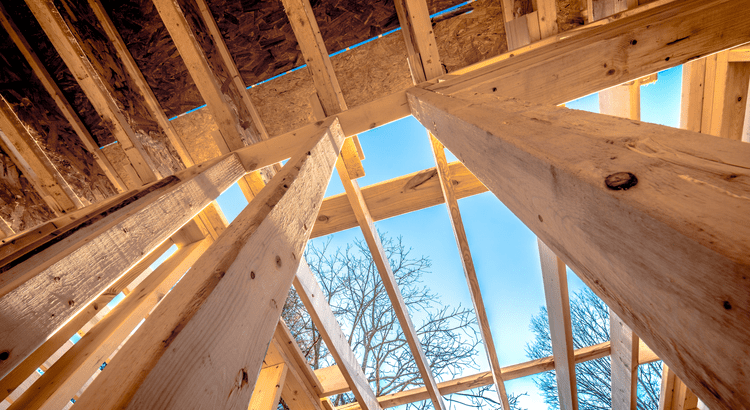3 Reasons To Buy a Home Before Spring
Let’s face it — buying a home can feel like a challenge with today’s
mortgage rates. You might even be thinking, “Should I just wait until
spring when more homes hit the market and rates might be lower?”
3 Reasons To Buy a Home Before Spring Read More »










